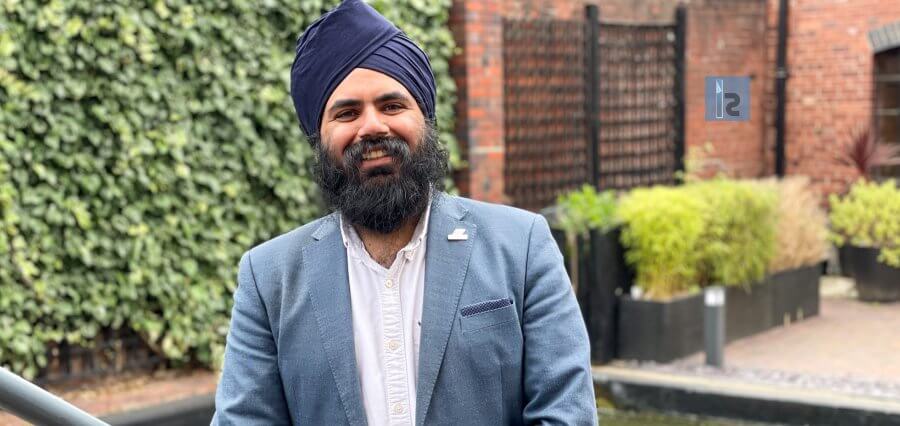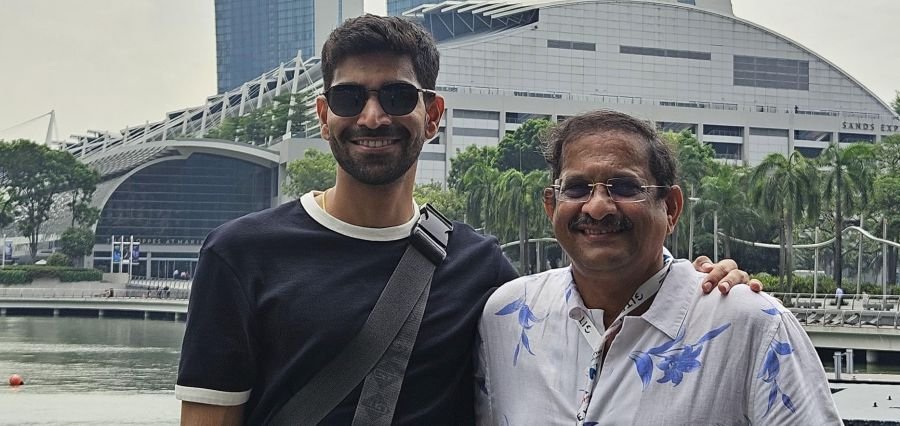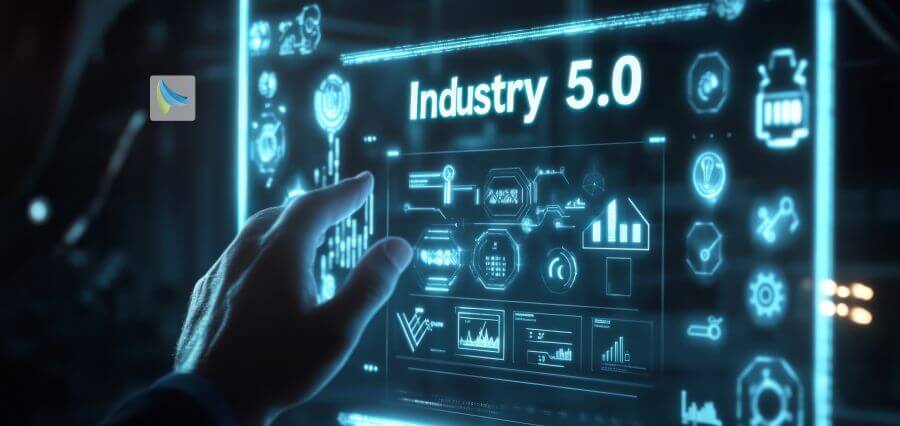We are living in a world where the energy crisis is a growing concern. Avoiding energy waste and taking actions that are in harmony with the principle of sustainable development has become more necessary than ever. Many companies took the responsibility to meet the needs of both our present and our future by building solutions keeping sustainability in mind. One such company is Aceleron Ltd.
Aceleron was formed with a mission to accelerate the global shift to cleaner energy usage by creating storage technology that is more accessible to all. The company creates batteries that give people the ability to access and use energy in a cheaper, more effective way because they are easy to repair, reuse, and recycle physically.
We caught up with Amrit Chandan, the Co-founder and CEO of Aceleron, to know more about the company and how it contributes to building sustainable solutions that can minimize the carbon crisis in the world.
Below are the highlights of the interview:
What led to the inception of the company and take us through your role at the company?
Carlton and I met in an electric car at an energy trade show in 2015 and got talking about the serious issue of battery waste and the harmful effects on the environment. Most batteries are made by welding the parts together, so when one part fails, the entire battery is no longer useful in its current state. We decided that between us, we could design a new kind of battery, where every part is repairable, replaceable, and recyclable – and that is what we have done with ‘The Essential’.
As a CEO and Co-founder of Aceleron, I am responsible for setting the vision and the culture of the organization. I am bringing together a cadre of excellent people to solve a real looming challenge in the world.
Being an experienced business leader, what is your opinion regarding the impact of the COVID-19 pandemic on the EV industry? And how has your organization managed to overcome this significant challenge?
Covid-19 has caused much disruption in the world, but it has also given us a great opportunity to pause and reflect on the way we do things.
Specifically, within the battery industry, the availability of electronic components and volatility in the raw material markets means that the general cost of batteries has increased significantly over the last 12-month period. This is a wider systemic issue than just batteries in that it has impacted the automotive sector and other sectors too but we are definitely feeling the bite.
On the other hand, demand for batteries and renewables has increased significantly as more people become aware of the climate crisis we face.
Describe the company and its innovative technologies improving the environment and costs for the clients.
Aceleron has designed The Essential, the world’s first circular economy battery which is built to be repaired, reused, and recycled. The ability to repair the battery makes it a ‘battery for life’; after the initial purchase, the battery will need to be serviced and repaired over time but never completely replaced, keeping long-term costs down and making it the first of its kind.
Kindly provide an insight into your company’s durable products and services serving a variety of industries on a global scale?
Using a unique compression technology developed by Aceleron, The Essential is built so that every part that needs to be replaced can then be repurposed or recycled, meaning no part should ever need to go to landfill.
It can provide uninterrupted, reliable power at several different voltages and covers a range of high-spec, high-powered applications from leisure vehicles to medical response vehicles and light electric vehicles. It can also be used individually or in series to provide an uninterrupted power source for larger applications such as a data centre.
On a global scale, our batteries give people the ability to access and use energy in a cheaper, more effective way. For example, we have a partner in Kenya called ASOBO Boats where we have replaced the diesel engines on fishing boats with our electric motor and batteries. Not only has this reduced the cost of operation for the fishermen (no need for expensive fuels), but it is helping to clean up the lake, significantly reducing carbon emissions, allowing the natural habitat to thrive in a pollutant free environment.
As a company in the EV, what advance technologies are you leveraging to make your services more productive and approachable?
There are two key aspects here;
(i) the hardware to package batteries in a way that doesn’t require permanent assembly techniques (spot welds etc) and therefore makes the battery easy to physically repair, reuse and recycle.
(ii) the software intelligence to collect data on the battery and know which components are useful for which second life application – for example, some EV battery cells may be great to power a light electric car whilst others would be great for powering a house.
In what ways has the company contributed to the community? If given a chance, what change would you bring to help other Electronics Vehicle companies?
Aceleron has a strong focus on positive social impact. Directly through the use of our products, we estimate we have now impacted over 150,000 persons around the world. This is just a drop in the ocean of our ambition; so much more will happen.
Separately, we regularly help people skill up through the Aceleron Internship Programme and team members are encouraged to take part in promoting STEM and sustainability within the local communities within which we operate. For example, some of our projects (e.g. our programme with the InterAmerican Development Bank in the Caribbean) have an element of presenting to young people in schools and educating them on the benefits of renewables and batteries as well as pursuing STEM subjects in higher education.
It would be great if other EV companies could adopt the triple bottom line thinking where consideration is given not only to profit, but to society and the environment which would ultimately lead to the creation of a virtuous cycle.
What are your company’s future aspirations?
The world is rapidly electrifying – the need has never been greater. We want to provide a solution to the potential challenge of battery waste that we seem to almost be sleepwalking into. We also want to positively impact at least 10m people around the world through our technology and leave the world in a better place than when we started.
















